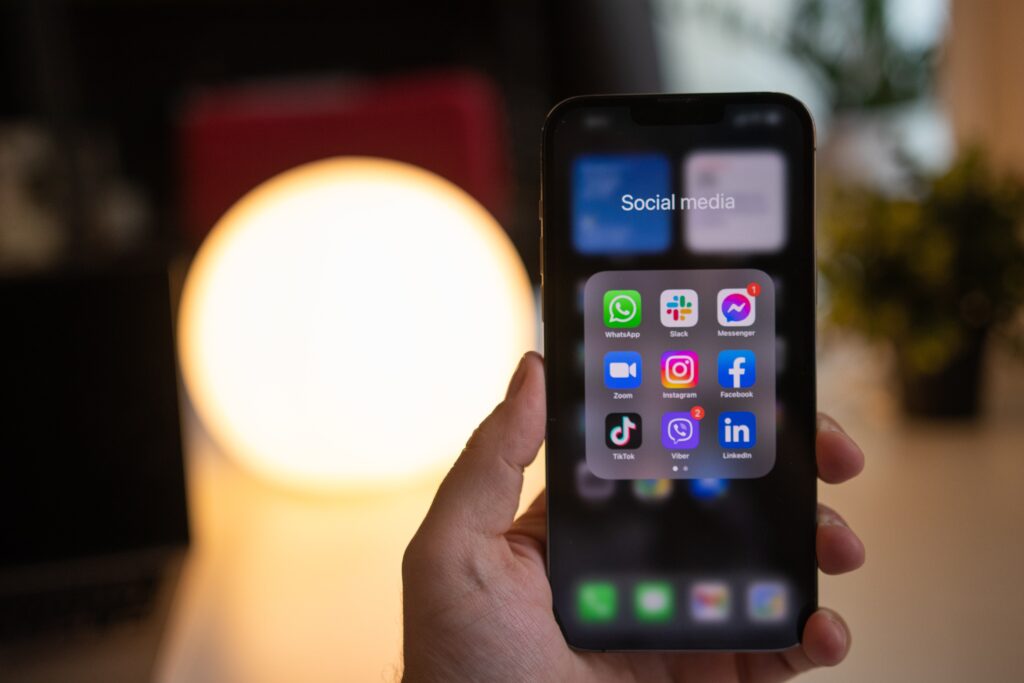I don’t remember ever seeing an interview on a news program about a company where the interviewee is the intern. However, in many companies, those who manage the social networks (Facebook, Twitter, Pinterest, etc.) are the most junior elements. Let’s compare a brand with 300,000 fans and a news program with 500,000 viewers. The fans are people who are interested in the company, while in the news program, hopefully maybe five percent are interested. As a consequence, the company gave more. As a result, the company gave more relevance to 25,000 than to 300,000 people, not yet taking into account the potential viral effect that social networks have.

But what are social networks for companies? Among other things, to create a multilateral relationship and interaction with consumers, namely: (i) Create a community and network effect where consumers themselves interact with each other creating greater brand loyalty, greater use of products and barriers to exit. Nike with its running products is an excellent example where people compete against their friends, keeping the information of each race, location, etc. Which brings us to the second point, (ii) knowing the consumer better. Imagine the amount of information Nike learns about each one; However, this medium is also used to make complaints and many companies already do (iii) ‘customer service’ through these channels – TAP does a great job with an exclusive team for social networks, which can often resolve issues on Facebook, faster than the call center. (iv) Branding and advertising which is the most common application, is very important, but that works when combined with the previous ones.
However, one must know how to manage these channels:
- Create a communication manual for this channel consistent with the company’s image and values. In a recent case, on the Facebook page of a soft drink company, in response to a customer’s comment that he would no longer drink the orange soda given the recent layoffs at the company, the social network manager replied that the customer can always drink the pineapple or lemon one. While I appreciate the black humor, is this the kind of message the brand wants to convey?
- Define goals and tests – What is the goal and how do you measure social media presence? Is the response to the posts positive or negative? What level of interaction is generated? Do too many posts detract attention from the audience? The number of fans is good for friends, but if there is no interaction it is the same as a phone book of people we don’t know and who don’t want to talk to us.
- Use or train professionals. The same cup of coffee can be called ‘wake of the gods’ or ‘temperature resistant 200ml container’. Conveying good ideas in short sentences is a difficulty that requires good professionals that are hard to find.
Social networks are one of the most useful and accessible tools for companies, but when misused they are a disaster. You have to take them seriously.

